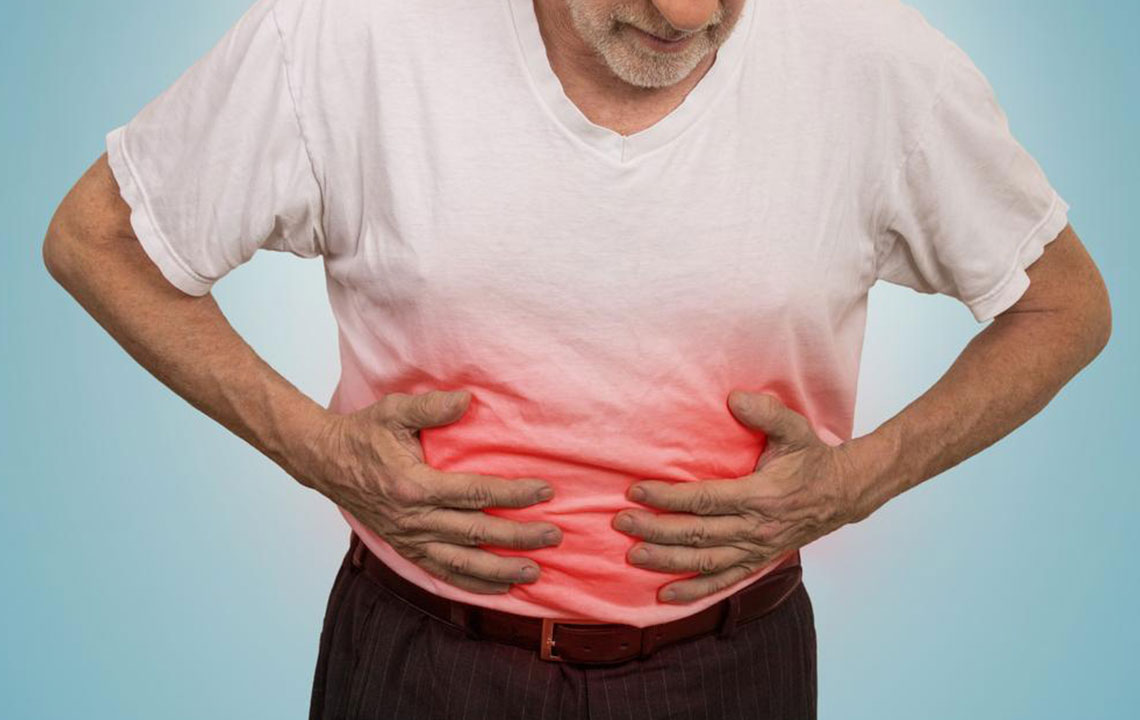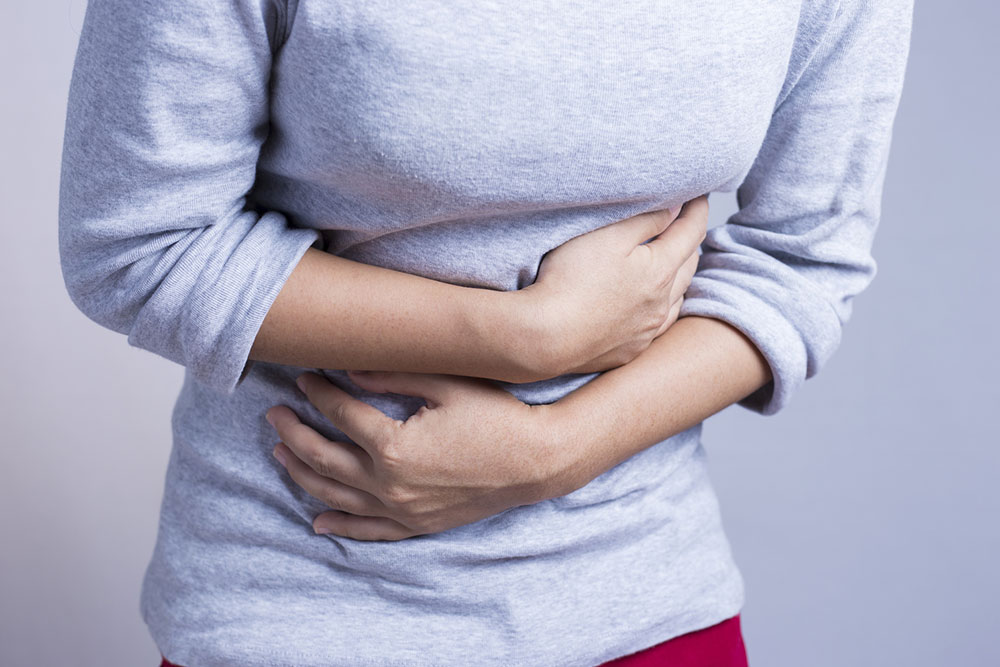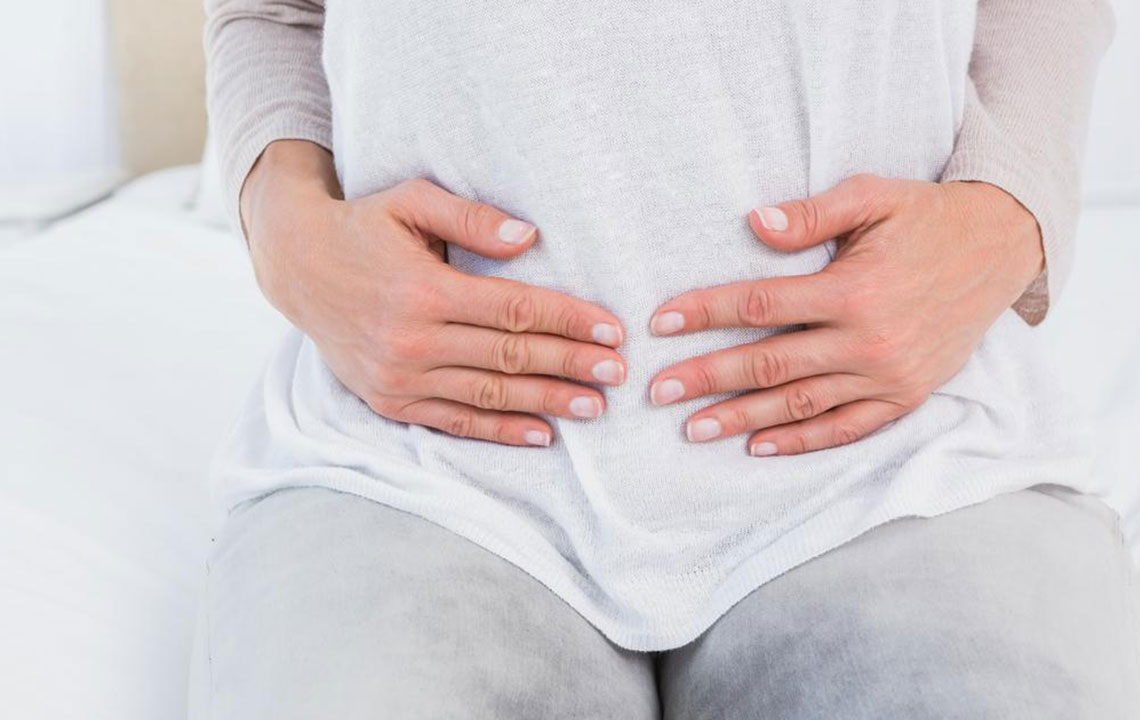Crohn’s disease – Causes, symptoms and treatment options
Crohn’s disease is a type of chronic inflammatory bowel disease that can affect a person’s digestive system, and more often than not, affects the small intestine and colon. Inflammation along the digestive tract can interfere with its normal process, causing pain as it spreads deep into the layers of the affected section of bowel tissue, and even turn into a life-threatening event.
Causes of Crohn’s disease
While there is no medical proof as to what causes Crohn’s disease, doctors and researchers believe that factors such as autoimmune reactions to bacteria in the digestive tract, hereditary genes of families, smoking, and age may be the prime cause of the disease.

Symptoms of Crohn’s disease
While a patient may develop the symptoms of Crohn’s disease slowly, it may turn severe over some time. On a rare occasion, other patients may experience their symptoms abruptly. The symptoms of Crohn’s disease include:
- Abdominal cramps
- Diarrhea
- Blood in stools
- Fever
- Frequent need for bowel movements
- Fatigue
More severe symptoms may include:
- Perianal fistula
- Formation of ulcer between the mouth and anus
- Anemia leading to shortness of breath
- Inflammation of joints and skin
If such symptoms are detected at an early stage, it becomes easier to commence treatments and avoid any critical developments that the disease may carry.
Diagnosis and treatment
A doctor may resort to multiple tests to narrow down on Crohn’s disease, given that the actual cause is still unknown. They may also recommend multiple rounds of each test to determine the extent of tissue damage induced by the disease.
Some diagnostic tests include:
- Stool samples and blood tests to indicate anemia and inflammation
- A capsule endoscopy (small capsule containing a camera) that takes pictures as it moves through the small intestine
- Colonoscopy to examine the entire large intestine or a sigmoidoscopy to examine only its last 20 inches
- An imaging test like CT or MRI scans to enable the doctor to inspect specific areas of the patient’s intestines for any rupture
While there is no immediate cure for Crohn’s disease, there is an array of treatment options that help reduce the severity and frequency of the symptoms in patients. Anti-diarrheal and anti-inflammatory treatments are commonly used to relieve the symptoms.
Other types of treatments and management options include:
Nutrition changes
A nutritionist is suggested by the doctor to help patients understand how food alters their symptoms, further making certain nutrition recommendations. Initially, the patient is asked to maintain a diary to record what food they consume and the after-effects of such a meal. Following this, the registered nutritionist creates certain guidelines that help the patient absorb maximum nutrients from the food while restricting its ill effects.
Surgery
Though an ultimatum treatment for Crohn’s disease, according to the Crohn’s & Colitis Foundation, approximately 75 percent of patients undergo a surgical procedure. The process involves extracting damaged sections of the digestive tract and reconnecting the healthy sections. Other methods repair tissue damage, scar damage, or even treat deep infections.
Each of these treatments depends upon the patient’s symptoms, disease history, severity, and treatment response.
Probiotics
Live bacteria that help the patient rebuild good bacteria in the intestinal tract and also prevent microorganisms from upsetting the natural balance of the gut.
Prebiotics
Asparagus, bananas, artichokes, and leeks are beneficial materials found in plants that help feed beneficial bacteria in the gut.
Fish oil
Rich in Omega-3s, ongoing research strives to prove fish oil as a treatment for Crohn’s disease.
Aloe vera
Since aloe vera contains anti-inflammatory properties, it may help manage the condition.
Nutrition tips to manage Crohn’s disease
- Adjust regular fiber intake
- Limit fat intake
- Limit dairy intake
- Drink plenty of water
- Follow a vitamin-rich meal plan
While each of these treatments may help reduce the effects of Crohn’s disease, people diagnosed with it tend to feel overwhelmed. To help someone overcome this feeling, one can listen to the patient and understand how they feel. Encourage and help enroll them to support groups for people with Crohn’s disease and possibly even consult a therapist.




